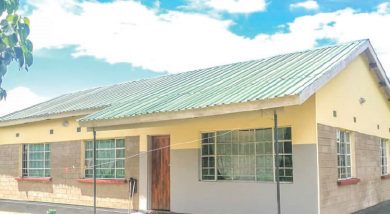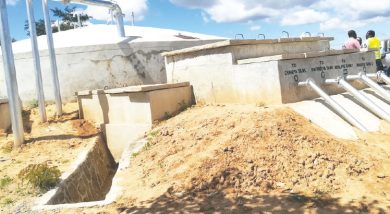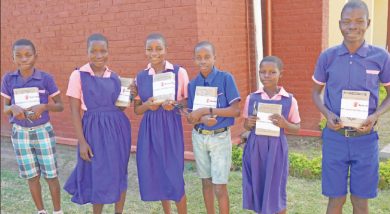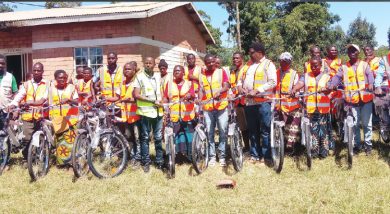Let’s borrow to produce—Chakwera
President Lazarus Chakwera says he wants the Malawi Government to borrow for production and only for projects that can help generate wealth from which to pay back loans.
The President said this yesterday when he wrapped up his visit to China where he mainly went for the Third China-Africa Economic and Trade Expo (Caete) held in Changsha City, Hunan Province from June 29 to July 2 2023.
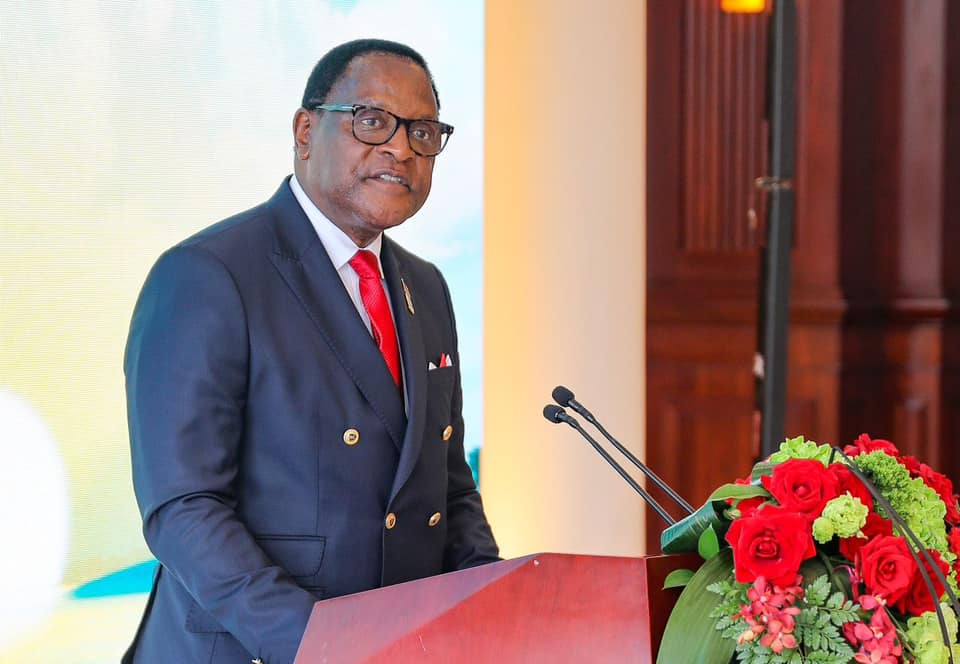
He said it is important that the activities for which money is borrowed be structured in a way that they are able to pay back the loans for themselves.
“We have to borrow for projects that can pay back the loans on their own,” said Chakwera when asked how he plans to execute his agenda amid large debt overhangs and an ever-shrinking resource envelope.
“That is the crux of the matter. If all that revenue is spent on statutory payments, paying off debts, pensions, and paying salaries, you see that they take up 80 percent of the resource envelope and all you end up with is 20 percent or less for development.
“You can hardly have anything that really says this is our developmental path. That is why we have to be creative in saying how we source money that can help us develop in such a way that the development that is spurred by such funding is able to pay for itself, otherwise you are between a rock and hard place. We need to find that and then to say as a nation, how do we do this and I am pursuing that,” he said.
Malawi is reeling under the weight of loans that are growing at unsustainable levels and whose interests alone take up at least a quarter of government’s revenue.
As at end-September 2022, Malawi’s total public debt stock stood at $6 billion (K6 trillion) or 54.2 percent of gross domestic product (GDP).
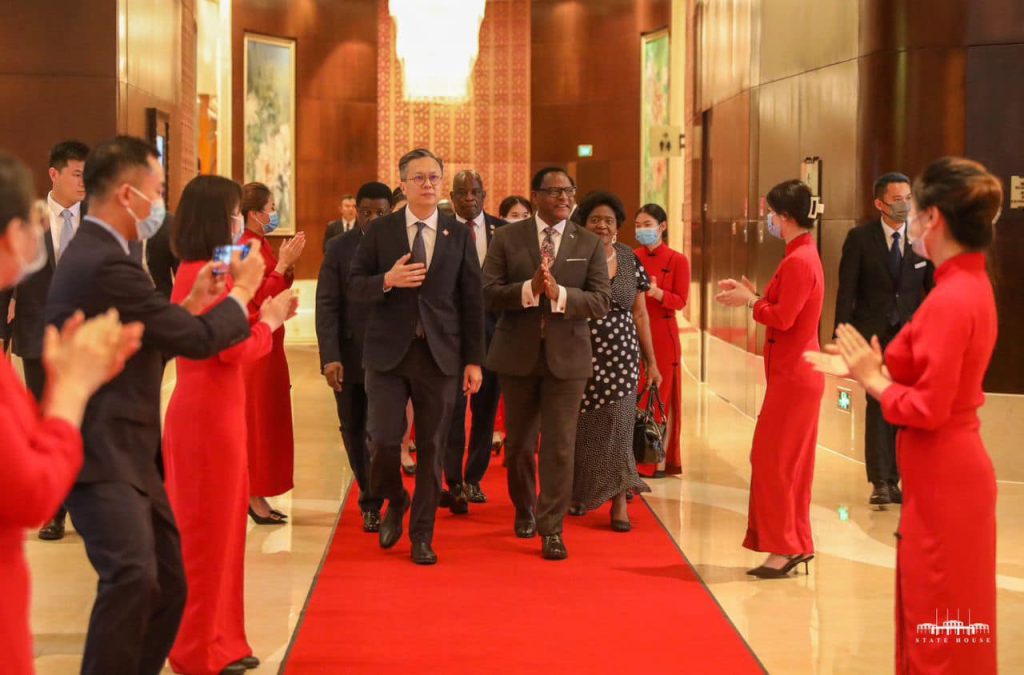
Of this debt pile, $2.61 billion (K2.68 trillion) is from external borrowing and approximately $3.41 billion (K3.50 trillion) are domestic loans.
The World Bank, through the International Development Association, remains the largest external creditor constituting 47.61 percent of Malawi’s foreign debt stock followed by the African Development Bank (AfDB), through the African Development Fund (ADF) with 16.10 percent and the Export-Import Bank of China with a share of 8.34 percent.
Over 80 percent of Malawi’s external debt is concessional, 13 percent is semi-concessional while 5.67 percent are commercial loans.
During his Caete address, Chakwera bemoaned reckless borrowing, urging African countries to cure themselves of the insatiable appetite for loans that bring little value to their people.
He said as a continent, Africa’s debt stock stands at over $700 billion, with its debt to China alone pushing towards $80 billion dollars, while its debt to Western banks is as much as three times that.
“As a result, many of us African leaders are carrying the migraine of debt distress,” he said.
Yesterday, Chakwera said he now wants emphasis on borrowing “to produce”, including loans that scale up agricultural production in terms of commercialisation, mechanisation and value addition so that Malawi can export more and use the same earned foreign currency to repay external loans and ease the country’s balance of payment pressures.
“To ease Malawi’s debt burden, Malawi is now lobbying its international creditors to restructure up to $1 billion in loans, a move Finance Minister Sosten Gwengwe said is nearly consummated and could trigger a new economic programme with the International Monetary Fund (IMF) critical to the country’s macroeconomic stability and growth. Chakwera’s message on the future of public borrowing comes after his administration has in recent times come under fire for dishing out sovereign guarantees without evidence of due diligence, putting the country at risk of shouldering debt burdens.


